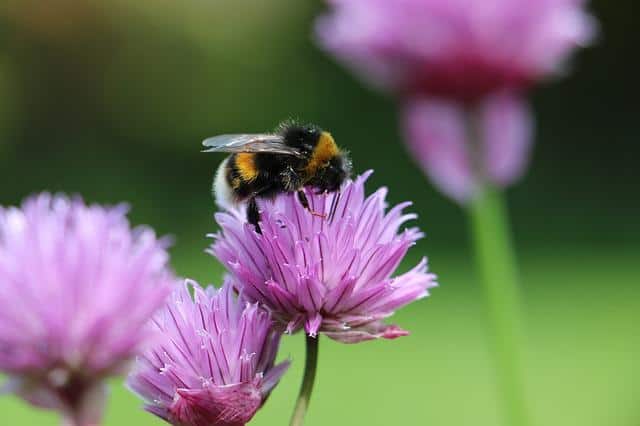
By Local Democracy Reporter Ciaran Duggan
Insect numbers have been on a steep decline in Kent over the last 17 years.
A new study published by Kent Wildlife Trust has found that insect numbers have declined by 72% in the county between 2004 and 2021.
Insects, such as bees and butterflies, pollinate food crops and are critical components of ecosystems. But, their numbers are on the decline.
Kent county councillor Mike Baldock, of Swale Independents Alliance, described the situation as “startling” during a debate in County Hall, Maidstone, on Thursday (May 19).
He said: “This is the sort of evidence that indicates a tipping point, and, if not acted on could lead to the extermination of our race.
“It needs to be taken more seriously by government and people at the moment.”
Kent Wildlife Trust’s findings were based on counting the number of insects squashed on vehicle number plates, such as cars and HGVs.
Around 8,300 samples were carried out in 2004 and 2021, covering 43,000 miles. The results were published on May 5.
It was found that 72% of insect numbers have declined in Kent between 2004 and 2021, which is higher than the UK’s national rate of 59% over the same period.
Kent County Council’s (KCC) environment and transport committee reviewed the worrying insect decline last week.
Cllr Sean Holden (Con), KCC’s environment committee, described the number reduction as “extremely concerning”.
He said: “It is also well and good to discover the problem, but the question is what to do about it.”
Herne Bay county councillor Dan Watkins (Con) said more projects should be introduced to expand biodiversity in Kent, citing the reintroduction of bison at Canterbury’s countryside in Blean Woods.
He said: “That is an example of a project that will encourage biodiversity and help to rebuild the stocks of insects.
“That is only one project, but, we need to be doing hundreds of projects like that across the county over the next couple of decades to address the nature crisis.”
Other suggested actions include using fertiliser to reduce CO2 emissions and volunteering to help with local charities, such as Wildlife Trust or Buglife, to restore wildlife sites.
Meanwhile, KCC has launched a bee pollinator action plan to encourage local communities and Kent residents to conserve habitats and protect species.
KCC’s cabinet member for environment, Cllr Susan Carey (Con), described the revelations as “shocking” during last week’s debate.
She said: “The level the insects have dropped does seem startling and we do need to respond to it.”

